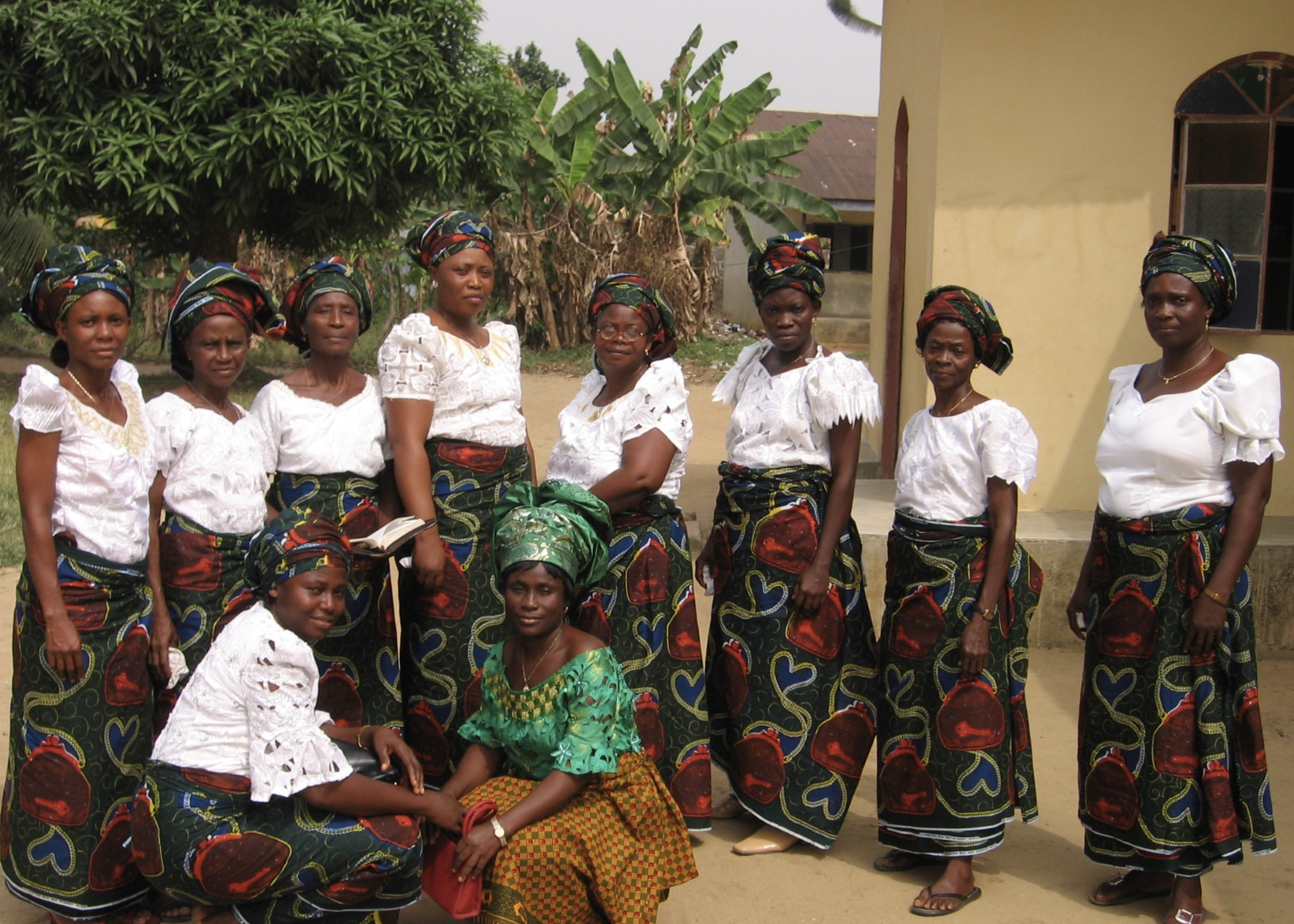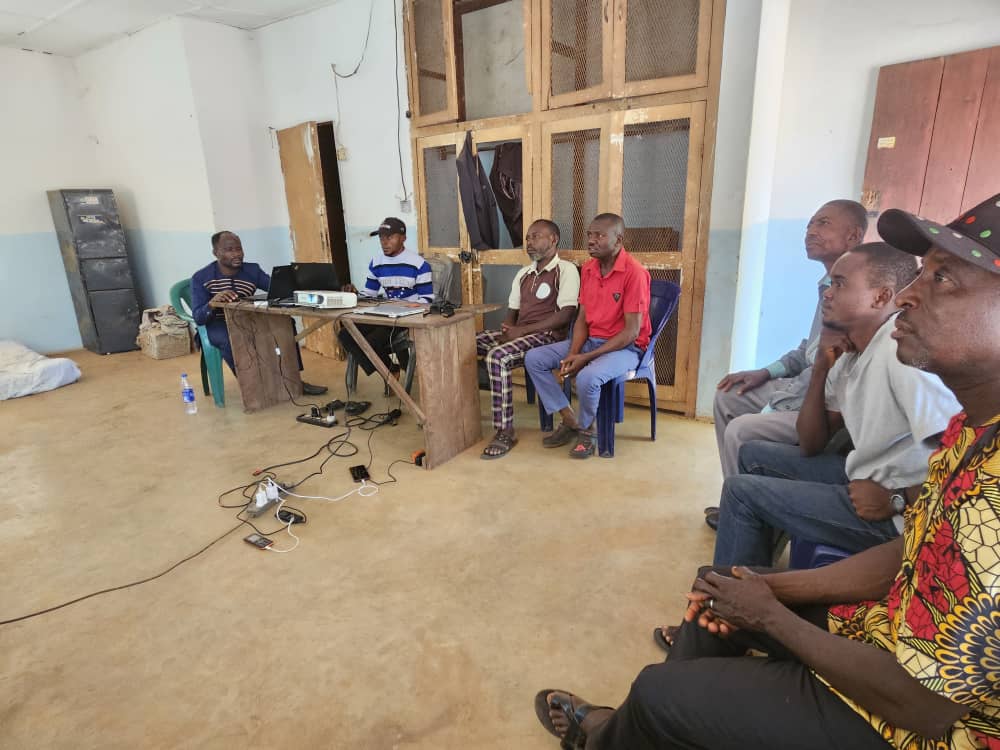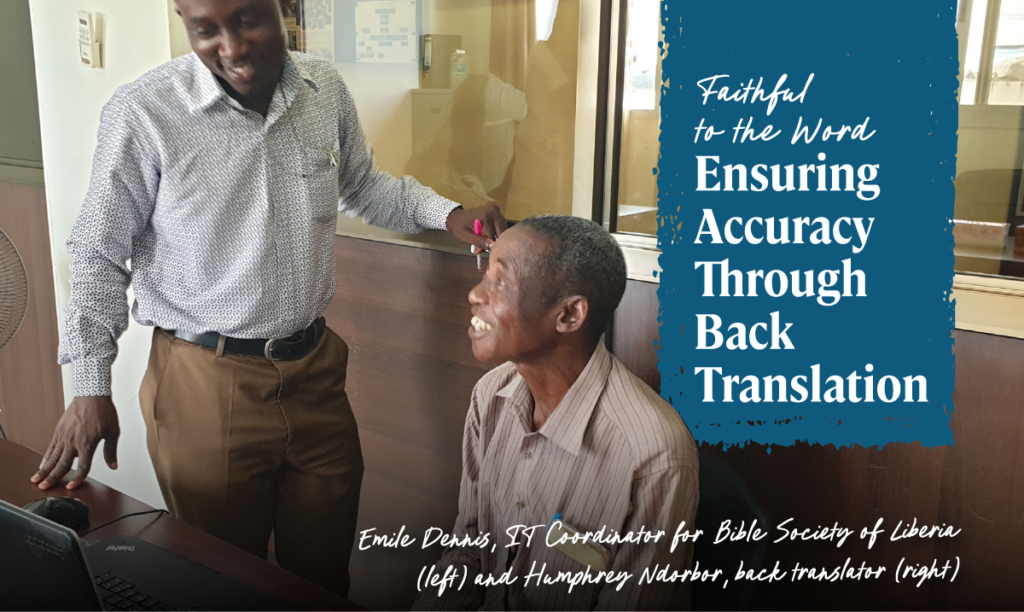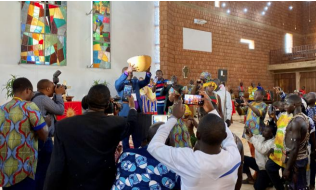ElemeBible Translation
Support team training of local leaders in West Africa. Empower Eleme translators to draft Old Testament books and deepen biblical understanding.

Country
- Nigeria
Region
- West Africa
Language Population
58,000
Effective Translation takes time & Training
The Eleme Bible Translation team, located in central Eleme communities of Rivers State, Nigeria, continues to advance through the Old Testament.
Our translation efforts aim to provide Eleme speakers access to Scripture in their heart language, fostering deeper spiritual understanding and community connection.

Prepare & Support Nigerian Leaders
We support Eleme leaders in developing their translation skills, ensuring the community can engage with Scripture in their heart language through locally-led, sustainable Bible ministry in Nigeria.
Program Goals
- Translator Skill Development
- Biblical Text Drafting of Ruth & Jonah
- Technical Checking Process
Eleme Bible Translation Program Plan
Step 1
Build Translation Team Capacity
- Conduct training on translation principles
- Train in Paratext software
- Develop linguistic skills through translation exercises
Step 2
Draft Biblical Texts
- Complete comprehensive draft of Ruth
- Develop draft of Jonah
- Conduct background studies and key term discussions
Step 3
Validate Translation Quality
- Invite Translation Consultant (TC) to review Ruth and Jonah drafts
- Receive in-depth evaluation of translation accuracy
- Learn advanced team checking methodologies
- Refine translation techniques through professional feedback
Meet the Local Team
Partner Organizations
Honoring the Language
Almost all Eleme nouns begin with a vowel and end with a vowel.
There are 12 vowels, with five of them being nasalized.
There is a complex system of vowel harmony, with the system being controlled by later vowels. That is, the last vowel or vowel combination of a noun controls the first vowel of that noun, and that vowel or vowel combination can, in some circumstances, control the vowels in the preceding two words. So, when speaking, one needs to think of how later words are pronounced before pronouncing earlier words.
Program Progress
Help Bring Scripture to Life
Your donation helps translate God’s Word into the Eleme language. Every gift makes a difference.










